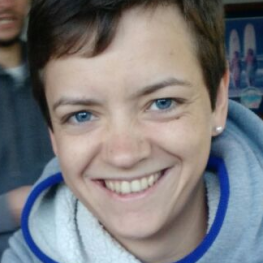Speakers
Julia Eberlen
Research LogisticianStart
14 February 2017 - 12 h 30 min
End
14 February 2017 - 14 h 00 min
Address
30 Avenue Antoine Depage - 1050 Brussels (Room DC8.322 - 8th floor, Building D, Campus Solbosch of the Faculty of Psychology and Educational Sciences - Université Libre de Bruxelles) View mapCategories
Departement SeminarSocial network structure and stereotype learning in a simulated population
Human beings are constantly in relation with each other, be it in direct contact or via telephone, internet or old-school postal services. These relations can be formally represented as networks on one level, and as the source for social learning on another. Considering that there are structural differences between different areas of social networks, how does the network structure affect social learning? Namely, how does its structure affect the knowledge about and endorsement of a stereotype? It is plausible to imagine that the local as well as the general network structure influences what and how much we learn from our social environment. Namely, a person holding a great number of connections to others who are themselves not interconnected might receive a considerable amount of heterogeneous information about refugees. On the other hand, a person surrounded by a tight clique of friends who are themselves friends is situated in a much more homogeneous environment and consequently more likely to fully endorse a stereotype prevalent in this subgroup. In order to investigate these issues, we created an agent-based model of social stereotype learning. In the first version of this model, individuals are connected through a small scale-free network. Each individual possesses a capacity to learn, an initial stereotype knowledge, and the ability to share its stereotype knowledge with its neighbors. I am currently working on an implementation of this simulation that allows to analyze the obtained data. My second aim is to implement the differentiation between stereotype knowledge and stereotype endorsement, meaning the knowledge that a stereotype exists and the belief that a stereotype is true, respectively.



